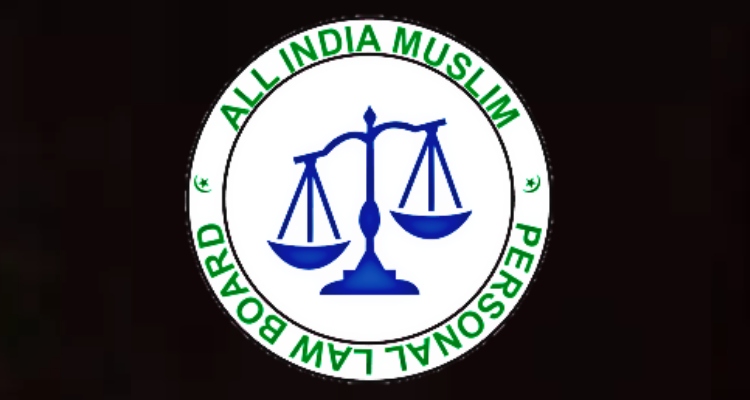
The All India Muslim Personal Law Board (AIMPLB) has approached the Supreme Court, challenging the constitutional validity of the Waqf (Amendment) Act, 2025.
This move comes after President Droupadi Murmu gave her assent to the bill on April 5, 2025, following heated debates in Parliament. The Act, which has generated significant controversy, aims to amend the management and administration of Waqf properties in India.
Court’s Initial Response
The petition was filed in the Supreme Court on the evening of April 6, 2025. A bench consisting of Chief Justice Sanjiv Khanna, Justice Sanjay Kumar, and Justice K.V. Viswanathan agreed to consider the plea and listed the matter for an urgent hearing. This action follows earlier interventions from notable figures, including Jamiat Ulama-i-Hind, AIMIM leader Asaduddin Owaisi, Congress MP Mohammad Jawed, and AAP MLA Amanatullah Khan, all of whom have expressed concerns over the implications of the new law.
Key Concerns Raised By AIMPLB
As per the sources, AIMPLB spokesperson SQR Ilyas articulated strong objections against the amendments, calling them “arbitrary, discriminatory, and exclusionary.” The Board contends that the changes not only violate fundamental rights guaranteed under Articles 25 and 26 of the Indian Constitution but also signal an intent by the government to take full control of Waqf administration.
According to the AIMPLB, this would sideline the Muslim minority’s ability to manage their own religious endowments, a fundamental right guaranteed under the Constitution.
Violation Of Constitutional Rights
The petition argues that the amendments infringe upon the freedom of conscience, the right to practice and propagate religion, and the right to establish and manage religious and charitable institutions—all protected under Articles 25 and 26. The AIMPLB claims that the law deprives Muslims of these core constitutional rights, particularly in relation to the management of Waqf properties.
One of the most contentious aspects of the amendments is the new stipulation that a waqif (donor) must be a practising Muslim for at least five years before they can create a Waqf. The Board asserts that this requirement contradicts both Indian legal frameworks and Islamic Shariah principles, and is inconsistent with the freedoms guaranteed under Articles 14 and 25 of the Constitution.
Discrimination Against Muslim Waqf
The AIMPLB has also criticized the law for being discriminatory. It points out that the rights and protections provided to the religious endowments of other communities—Hindus, Sikhs, Christians, Jains, and Buddhists—are not extended to Muslim Waqf properties. This, the Board argues, constitutes a violation of Article 14, which guarantees equality before the law.
In its plea, the AIMPLB urges the Supreme Court, as the guardian of constitutional rights, to annul these controversial amendments. The Board emphasizes that the amendments undermine the sanctity of the Constitution and trample upon the rights of the Muslim minority in India.
Legal Representation
The AIMPLB’s petition is being represented by advocate M.R. Shamshad, with advocate-on-record Talha Abdul Rahman acting on behalf of the Board, and General Secretary Maulana Fazlur Raheem Mujaddidi overseeing the case.
As the Supreme Court prepares to hear the case, the outcome could have significant consequences for the administration of Waqf properties and the broader protection of minority rights in India.
Read More: Supreme Court, Delhi High Court, States High Court, International




